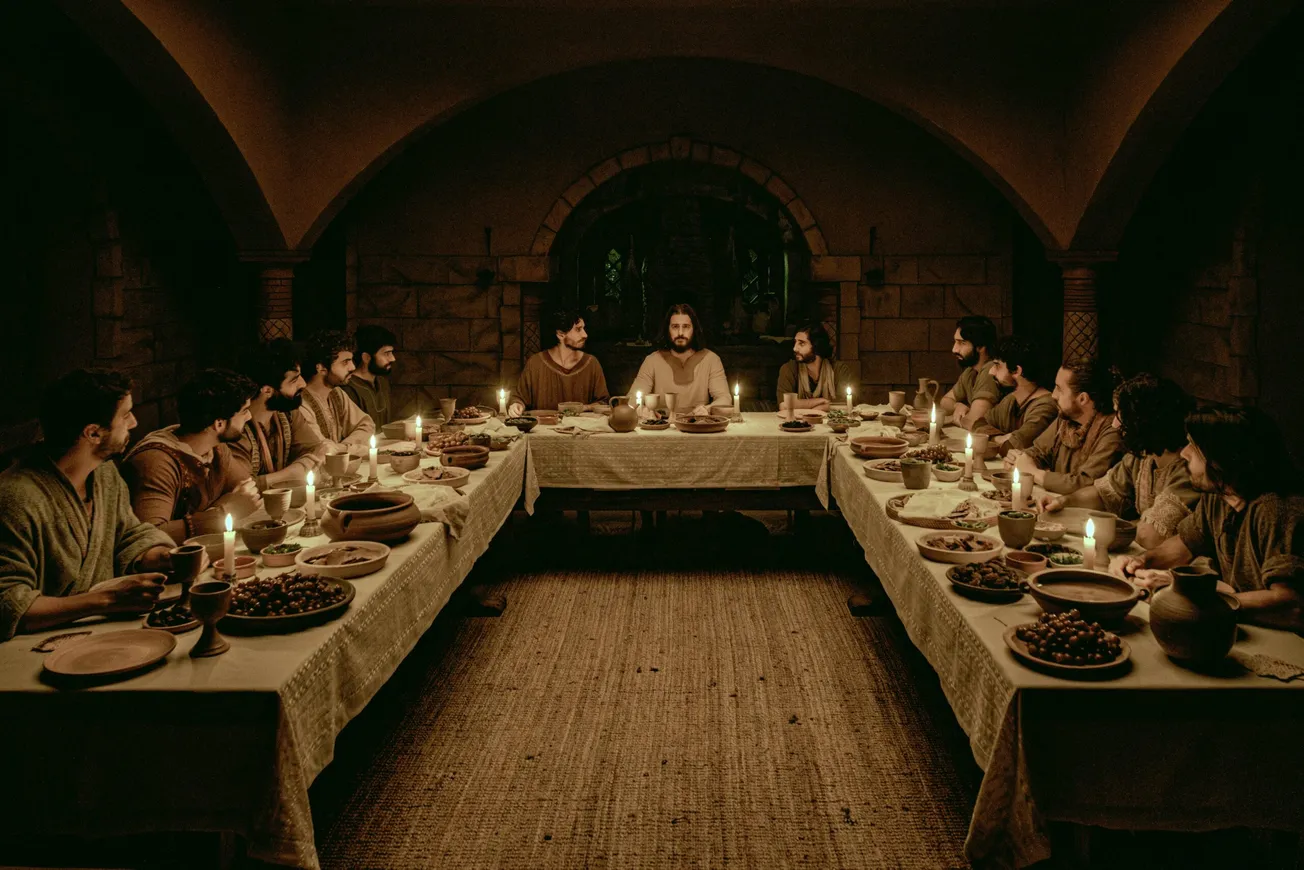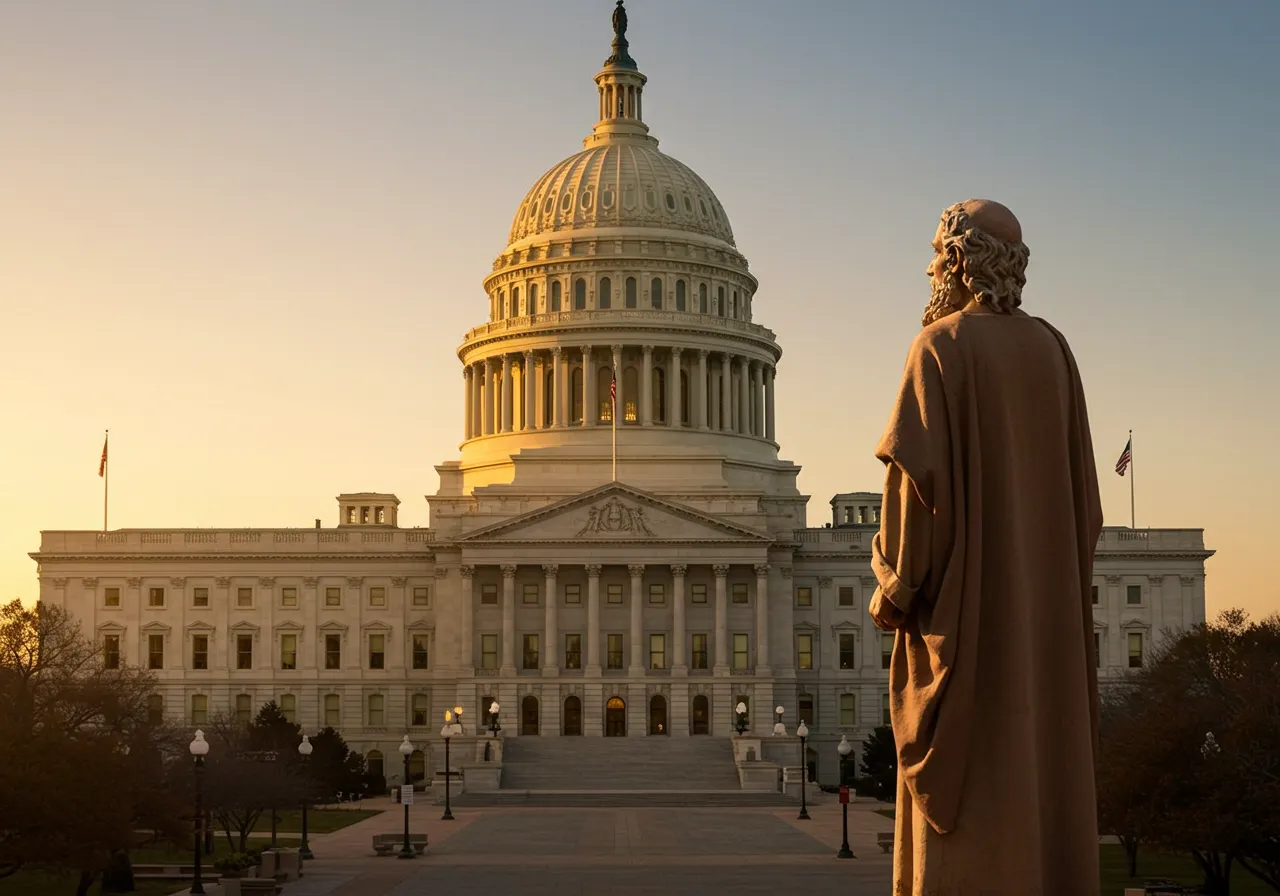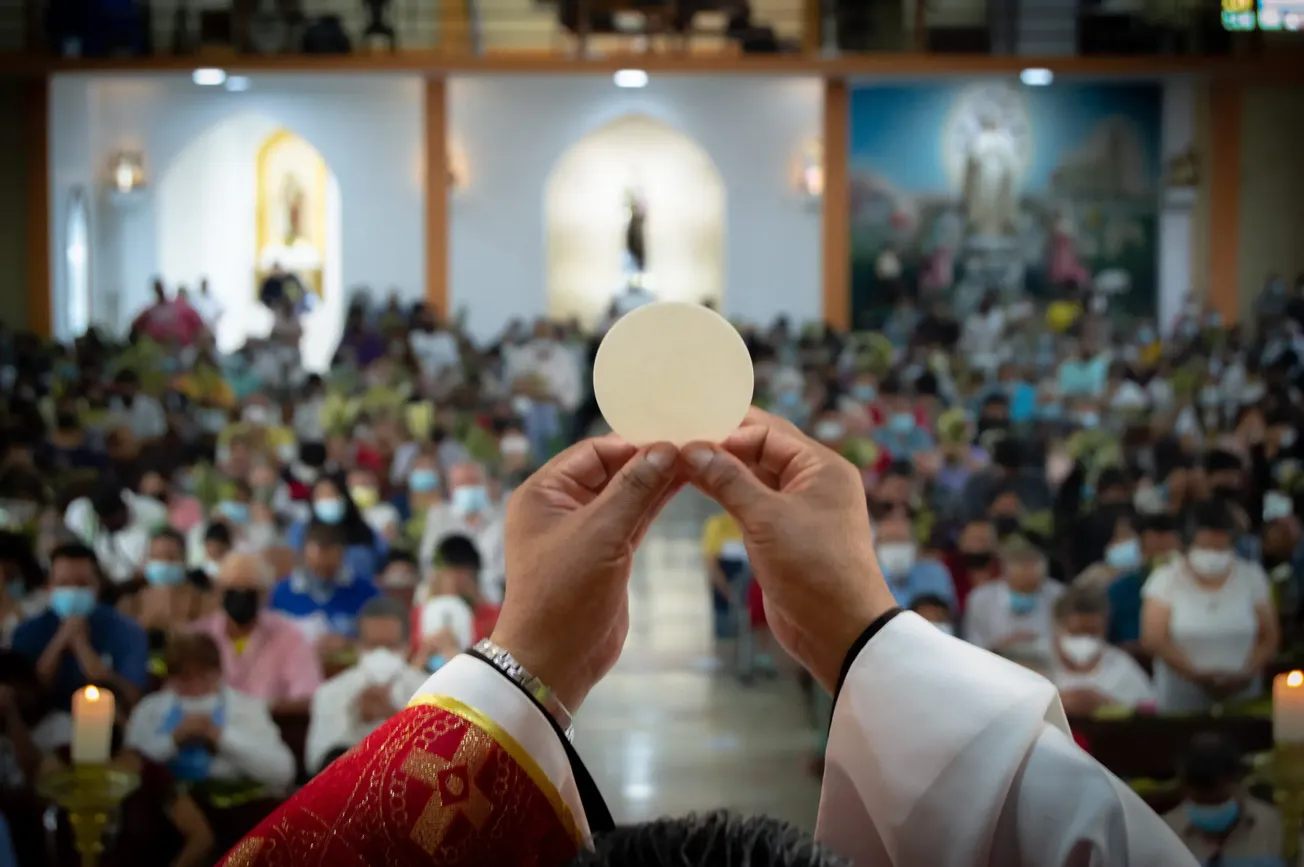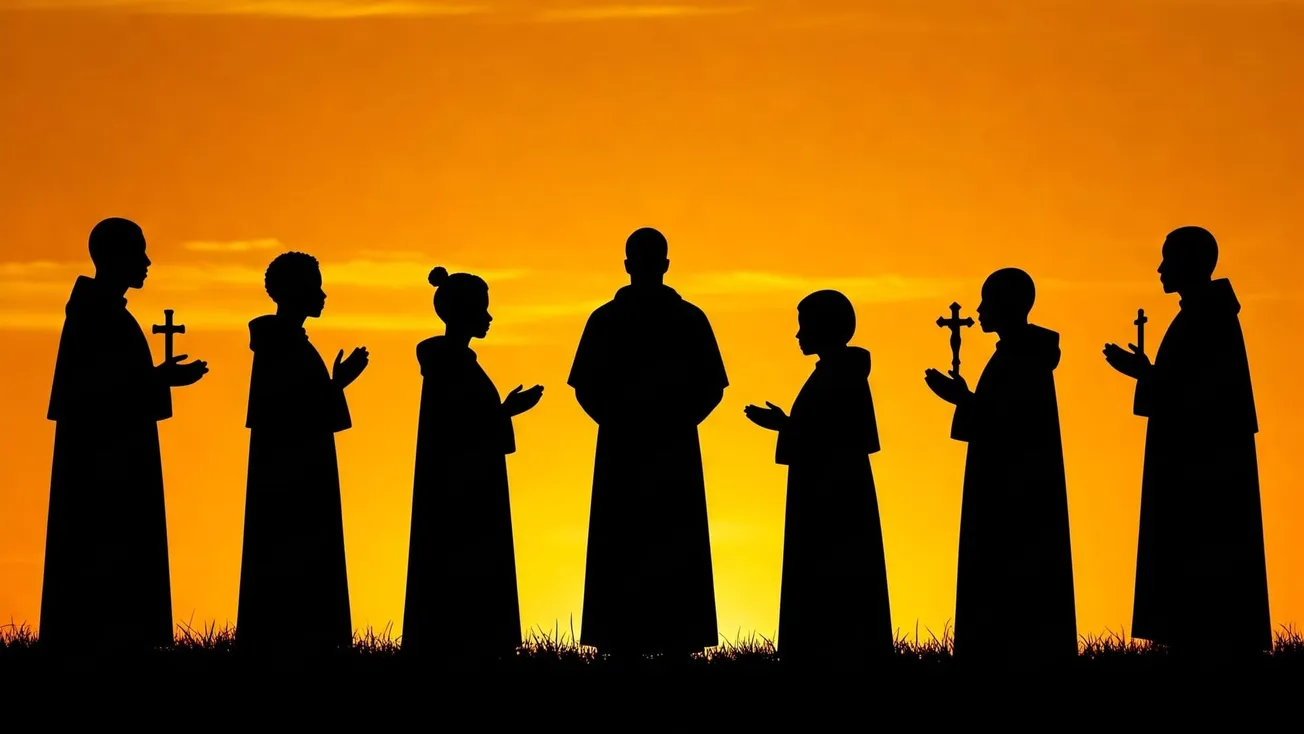“It is with sadness that the Society of Saint Joseph of the Sacred Heart (The Josephites) has received the news of the death of Pope Benedict XVI. We join the rest of the Catholic world in commending his soul to God, who he served so well as the head of the universal church.
May he rest in peace.”
—Bishop John Ricard, SSJ, the first Black bishop for the Archdiocese of Baltimore and the current superior general of the Josephites, in a statement on January 2, 2023.
With the recent death and burial of the retired Pope Benedict XVI, some little-known history of African occupants of the papacy comes to mind.
The Church’s records tell us there were potentially three Black popes in Catholic history: Pope Victor I, who headed the church from 189-199, Pope Miltiades (311-314), and Pope Gelasius I, who was pope from 492-496. Incidentally, all three popes have been declared saints—the seeming prohibition based on race apparently existing only for African Americans.
Moreover, the reigns of the three African pontiffs were more brief than those of contemporary popes, perhaps because life expectancy was shorter then.
The three popes were all profound individuals. Pope Victor, for example, declared that Easter must be celebrated only on a Sunday and dictated that anyone who disagreed or disobeyed would be accountable to him and excommunicated. With no fixed date for Easter especially in the East—it was celebrated in those days on the fourteenth day after the full moon, but on different days in various countries—Pope Victor asserted his papal authority, decisively ending the confusion and controversy over when to celebrate Easter.
It is also said to be Victor who began the transition of the Western Church's Mass to the Latin language, as opposed to the vernacular of the time (which was Greek). His feast day is celebrated by Catholics each year on July 28.
Pope Miltiades, also called Melchiades the African, also has a reputation in history as an excellent leader and pontiff. Virtually all Christians were being persecuted when he was first elected, but he was the pope to help implement the edict of the Roman Emperor Galerius, who ruled from 305-311 and decreed toleration—ending the persecutions and allowing Christians to believe and act publicly in their faith.
Interestingly, Miltiades was the last pontiff to be buried in a catacomb, an ancient Roman underground cemetery and hiding place where spaces were set aside for individual tombs. This pope is remembered by Catholics on December 10.
The most recent African pope, Gelasius, was born in Rome but his parents were from the motherland. He was widely known as a prolific writer and as a very strong advocate for charity and justice for the poor. He required that all bishops donate a quarter of their revenue to charity, saying, “nothing is more becoming to the priestly office than the protection of the poor and weak.” His feast is November 21, during what is now recognized as Black Catholic History Month.
Bishop John Ricard, SSJ, a retired African-American prelate and current superior general of the Josephites, said in a recent phone interview that “more should be known about these three African popes.”
“They were all consequential. They were very important to the life of the Church and yet more work remains to be done about getting the word out about them.”
There are currently 16 active African cardinals, all of whom are able to elect a pope or be chosen as one themselves. Pope Francis elevated two Africans as cardinals in 2022, one from Nigeria (Peter Okpaleke) and one from Ghana (Richard Baawobr) who died just months later.
In recent years, there was one African cardinal whose name turned up most frequently as a possible candidate to be elected pope: Cardinal Francis Arinze of Nigeria, who for years was eligible but is no longer, now being 90 years old. He was a principal concelebrant at Thursday’s funeral for Pope Benedict XVI, whom he once served as a Vatican prefect.
Arinze and other Black papabili like him are very highly respected, but the question remains of whether they would be accepted in the United States, and in other parts of the world with a history of White Supremacy even in modern times.
As we mourn the pope emeritus, let us also say this: long live Pope Francis, and may he be followed one day by the fourth African pope—whomever that may be.
Ralph E. Moore Jr. is a lifelong Black Catholic, educated by the Oblate Sisters of Providence and the Jesuits. He has served on various committees on race, racism, and poverty for the Archdiocese of Baltimore. He is a married man with two children and four grandchildren. He is currently a weekly columnist for the Afro-American and a member of the St. Ann Social Justice Committee. He can be reached at vpcs@yahoo.com.











